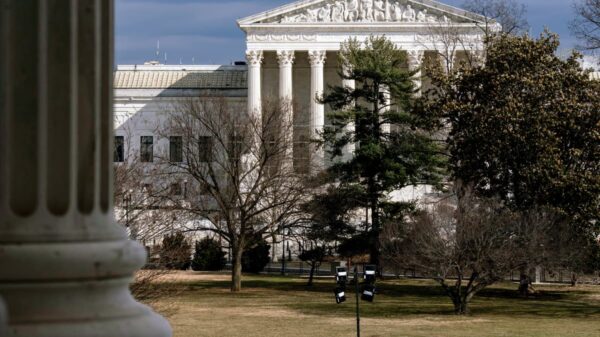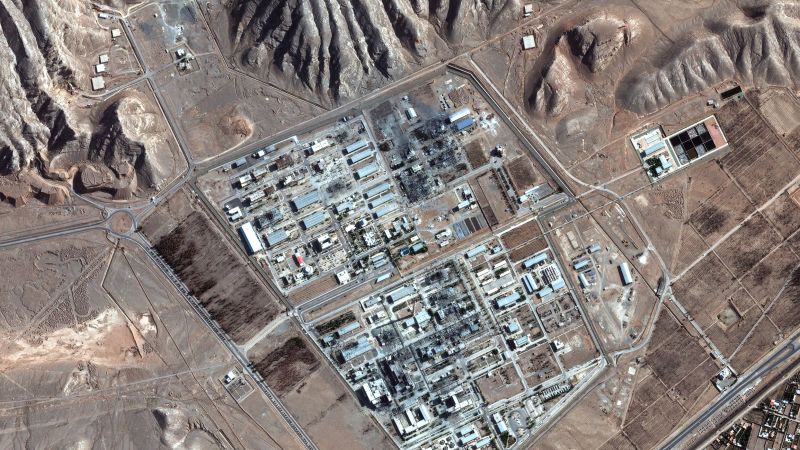Iranian President Masoud Pezeshkian has sanctioned a law to cease cooperation with the International Atomic Energy Agency (IAEA), a decision poised to complicate any future efforts by Tehran to revive its beleaguered nuclear program. This significant move follows a legislative approval by Iran’s parliament last week, reflecting escalating tensions between Iran and the international community.
The Iranian government accuses the IAEA of colluding with Israel, allegedly providing intelligence that facilitated strikes on its nuclear sites. The agency, however, has consistently denied these allegations. President Pezeshkian has directed Iran’s Atomic Energy Organization, the Supreme National Security Council, and the Ministry of Foreign Affairs to commence the law’s implementation, as reported by the state-run IRNA news agency.
Implications for Iran’s Nuclear Program
The suspension of cooperation with the IAEA raises significant concerns about Iran’s nuclear ambitions. As a signatory to the Non-Proliferation Treaty (NPT), Iran is obligated to allow the IAEA to inspect its nuclear facilities to ensure the peaceful nature of its nuclear activities. The new law could potentially allow Iran to advance its nuclear program without international oversight, thereby increasing regional and global security concerns.
“We are aware of these reports. The IAEA is awaiting further official information from Iran,” an IAEA spokesperson stated to CNN, indicating the agency’s readiness to address the unfolding situation.
Recent Escalations in the Region
This development comes on the heels of a series of military confrontations. Last month, Israel launched an unprecedented assault on Iranian targets, including military commanders and nuclear facilities. The United States followed suit with supportive strikes on key Iranian nuclear sites in Natanz, Isfahan, and Fordow. These actions culminated in a 12-day conflict between Israel and Iran, which concluded with a ceasefire agreement last week.
Despite substantial damage reported by Iran, the nation remains resolute in its pursuit of uranium enrichment for what it claims are peaceful purposes. The IAEA noted that the US strikes fell short of inflicting total destruction, suggesting that Iran could resume its uranium enrichment activities within months.
International Reactions and Historical Context
Days before the Israeli attacks, the IAEA expressed its inability to verify the peaceful nature of Iran’s nuclear program, citing uranium enrichment levels nearing weapons-grade. This prompted an IAEA resolution censuring Iran, which has further inflamed tensions. Iranian officials, including Supreme Leader Ayatollah Khamenei, have repeatedly denied intentions to develop nuclear weapons, citing religious prohibitions against weapons of mass destruction.
The backdrop to these tensions can be traced to the 2018 withdrawal of the United States from the nuclear agreement brokered under the Obama administration. This agreement, known as the Joint Comprehensive Plan of Action (JCPOA), had initially placed significant restrictions on Iran’s nuclear program in exchange for sanctions relief.
Future Prospects and Diplomatic Challenges
The decision to halt cooperation with the IAEA marks a pivotal moment in Iran’s diplomatic relations and its nuclear strategy. The international community, particularly the signatories of the JCPOA, faces the challenge of addressing Iran’s actions while seeking to prevent further escalation.
Experts suggest that renewed diplomatic efforts may be necessary to bring Iran back to the negotiation table. However, with regional tensions running high and mutual distrust prevalent, the path forward remains fraught with complexities.
As the world watches closely, the implications of Iran’s decision will likely reverberate through international diplomatic channels, potentially reshaping the geopolitical landscape in the Middle East.






































































